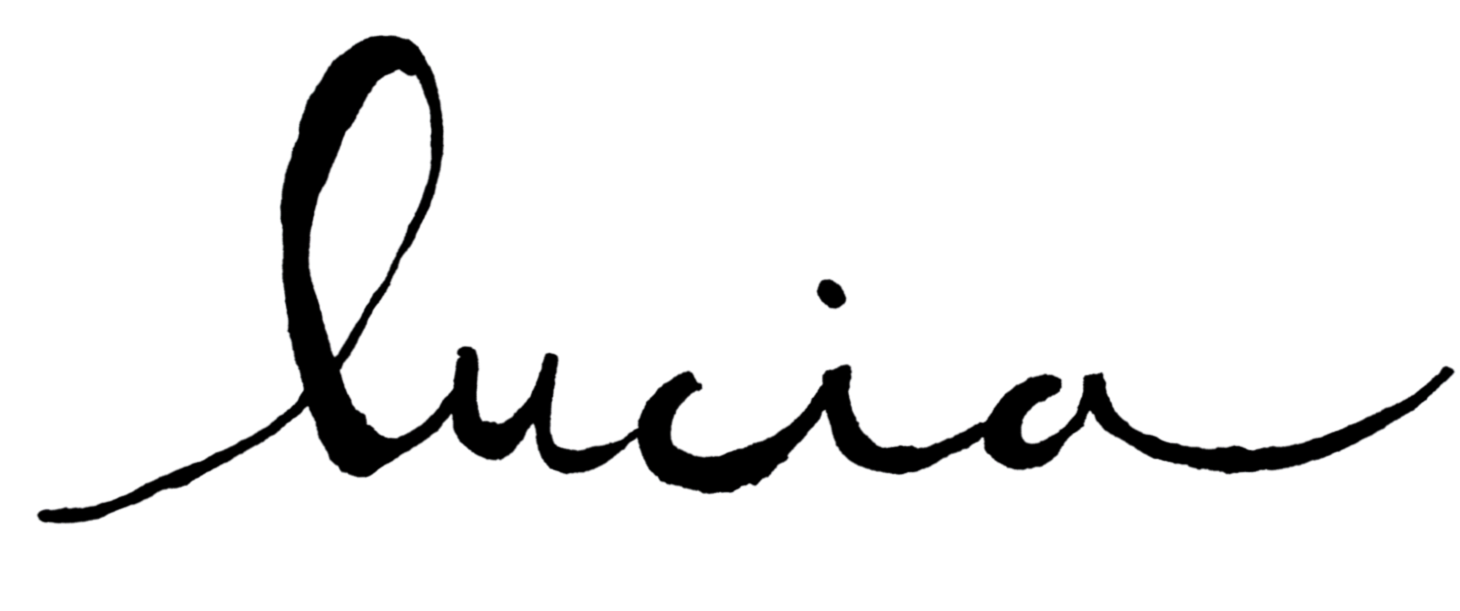My Hands in the Dirt by Sarah Anne Childers
I longed to put my hands in the dirt.
Four springs ago I built a garden in my neighbor Laura's backyard. She had five raised beds made of graying wood. There was a narrow strip along the north fence, a fat square against a thicket of raspberry canes, and in the lawn three identical rectangles like Lego blocks pressed into a green base.
Laura’s house is around the corner from my building. I can make out her roofline from my balcony, but we didn’t meet until she sent a message to the staggeringly long and slow moving wait list for a plot in our neighborhood’s community pea patch. I responded, and that evening after putting my toddler daughter to bed, I went to meet Laura in her backyard. I was not the first. An avid outdoorswoman close to retirement with cropped silver hair and a trace of an east coast accent, Laura had for several years offered up her garden beds for others to cultivate. In return she asked only that we rid the raspberries of the strangling morning glory vines that snaked from under a neighbor’s fence.
Laura gave me a tour. It was twilight, but I saw that the soil was low and sodden from winter rain, and that the weeds had already seeded and were throwing parties and inviting all of their friends. The rotting fence sported rodent-sized holes at the base. The raspberry canes had not been cut back and lay flopped all over the place. Yet I could hardly believe my luck. It looked like possibility to me. “I haven’t been back here in awhile,” Laura admitted, absentmindedly bending to pull tufts of chickweed from the cracks between the pavers while she talked, as gardeners do. “It might be a lot of work,” she said. The garden was work I wanted. I thanked Laura and meant it.
I went to Laura’s the next morning and most mornings after that once I’d dropped my daughter off at preschool. I had the time because I was in the middle of a year of absence from my job at the university and on leave from graduate school. I half-jokingly referred to the year as my sabbatical, like I had earned it. I told myself to use the time to figure out what I wanted to be when I grew up or to at least make a plan for, you know, life. Instead I read science fiction and fantasy novels, made pot after pot of soup that I gave away to friends, and longed to put my hands in the dirt.
The last of Laura’s gardeners left a mess, and that’s where I started because cleaning up was something I knew how to do. After weeding, I dug down into the beds and among the fat happy earthworms found knobby overgrown root systems of lord-knows-what and heaps plastic plant tags. Unearthing these traces of the gardeners before me was like coming upon relics of a love’s past loves. Fascinated and dismissive all at once, I examined everything, puzzling through what it was and what it meant. Then I had a moment of panic that the previous gardeners had done it (this, gardening) better than I would because what I did not tell Laura is that despite being raised by a master gardener (my mother), I had no clue what I was doing. And then I unceremoniously hucked all evidence of those other gardeners into the compost bin. Ciao!
I took Laura’s request on the behalf of the raspberries seriously and on hands and knees unwound morning glory vines from the delicate emerging canes, pulling great lengths of the weed from the ground only to find that it rematerialized almost instantly. Under a mass of the stuff, in the corner of the raspberries, I found a smooth pale rock etched with the word Little. Little was a bunny. He had belonged to Laura’s daughter. Laura told me that when Little died, her daughter saved her allowance to commission the gravestone and then buried him between the raspberries and the roses.
Laura’s daughter stamped her girl-child sadness on stone. I wrote mine in black ink on plywood crosses in a graveyard long ago covered by salal and blackberry brambles at the edge of my parents’ property, across the lawn from my mother's garden.










